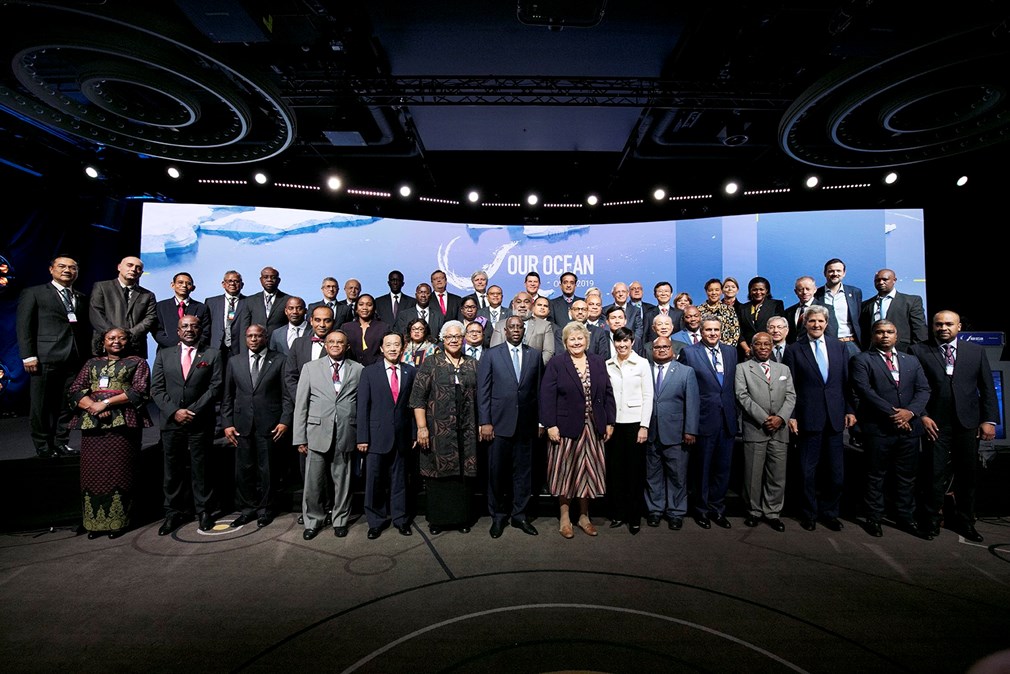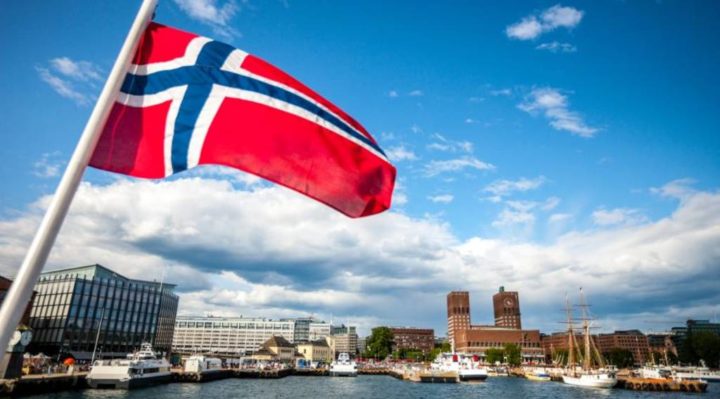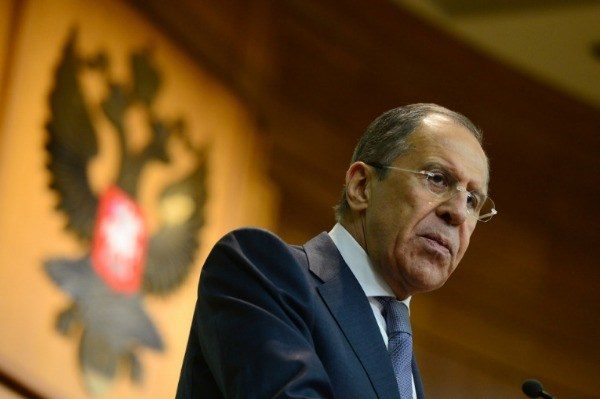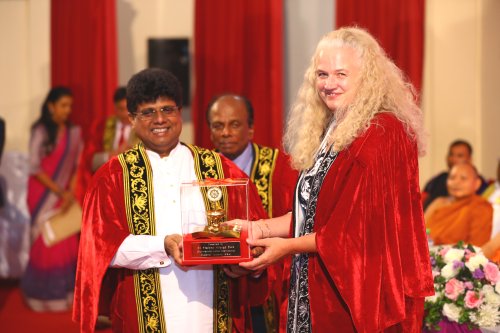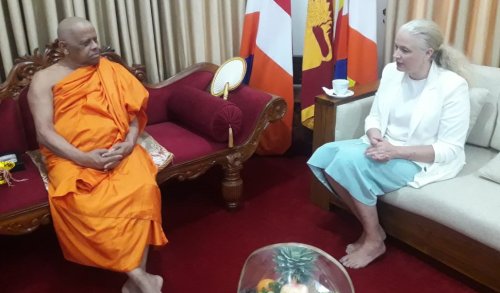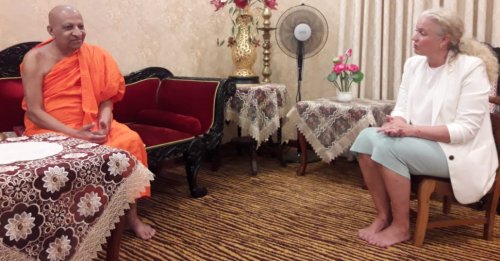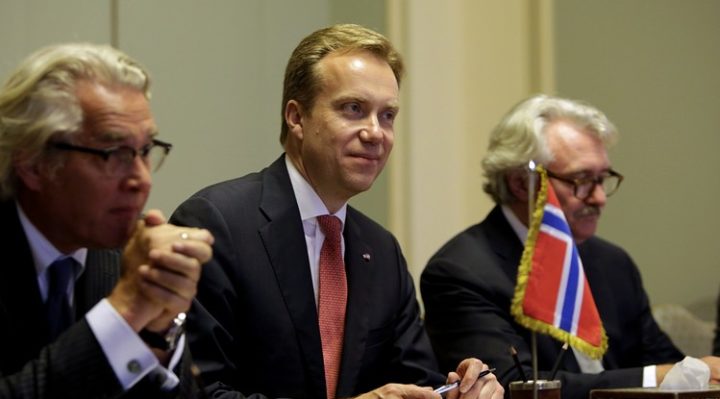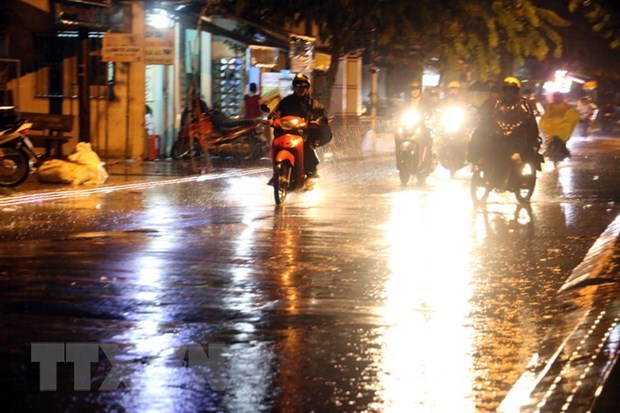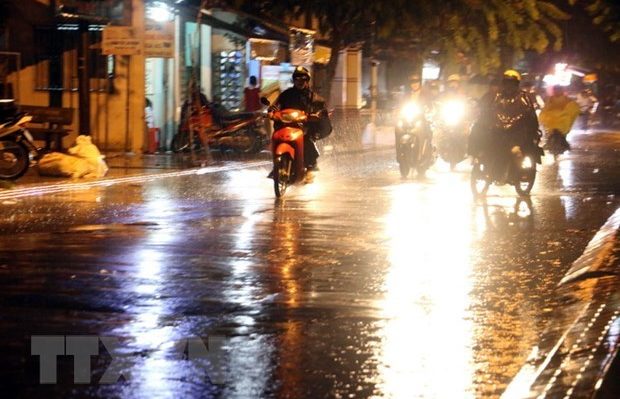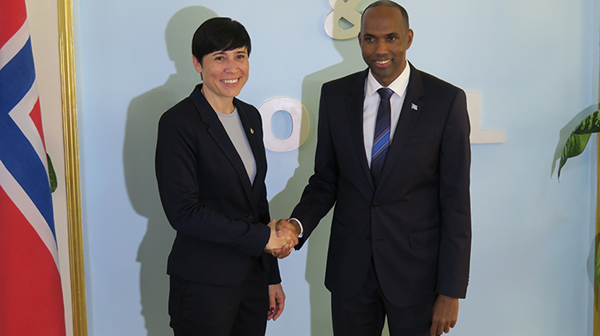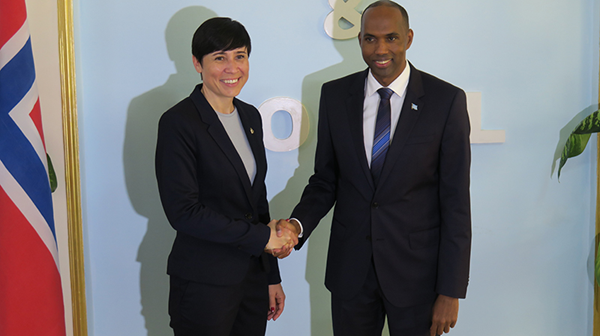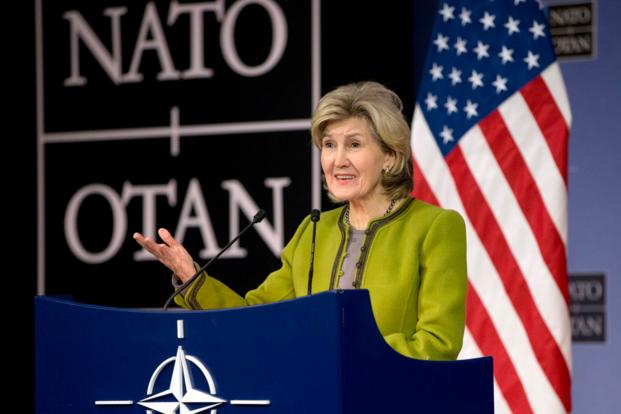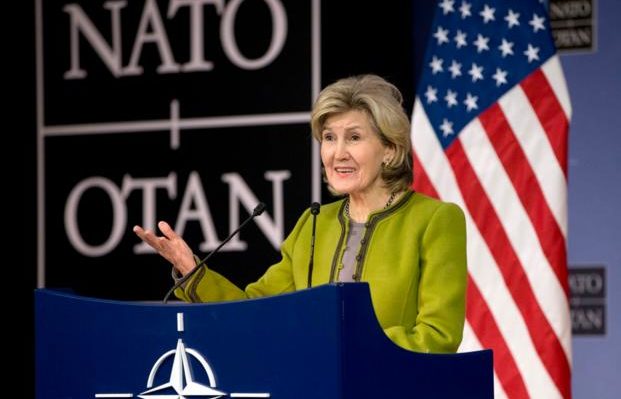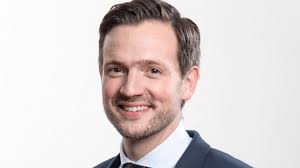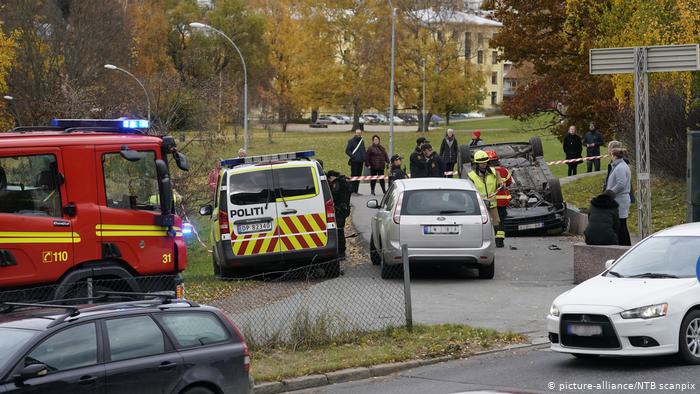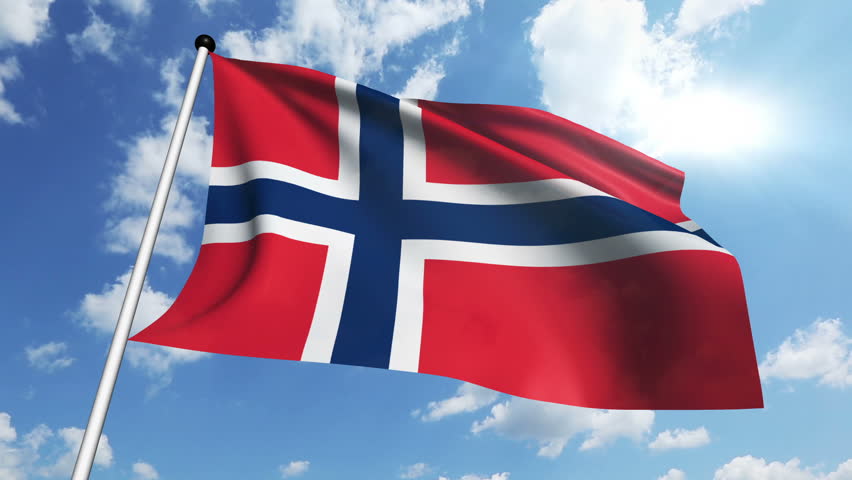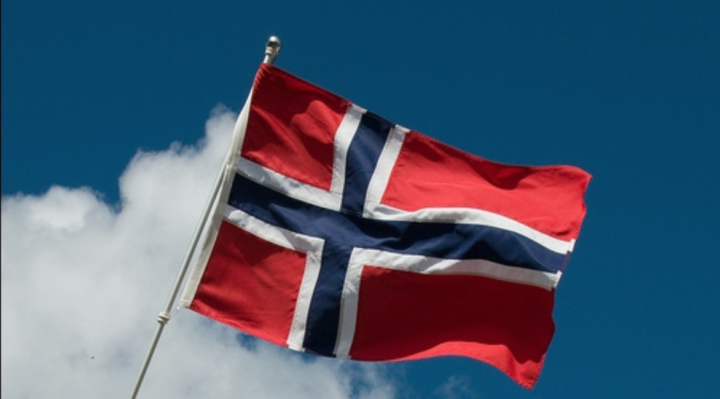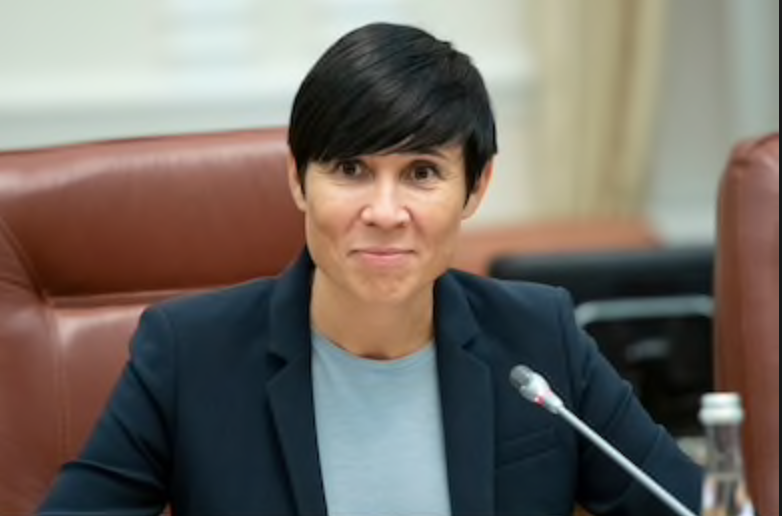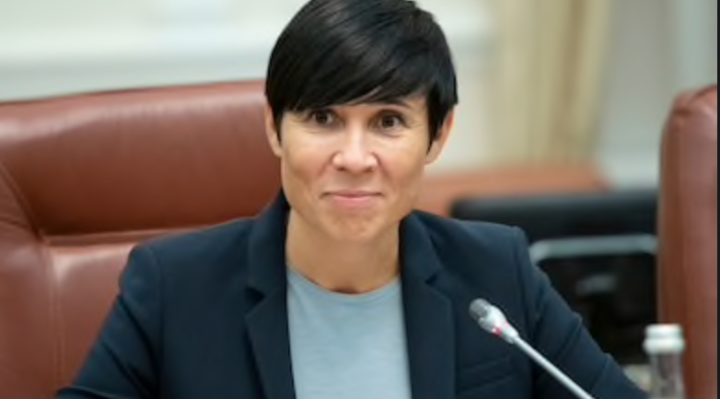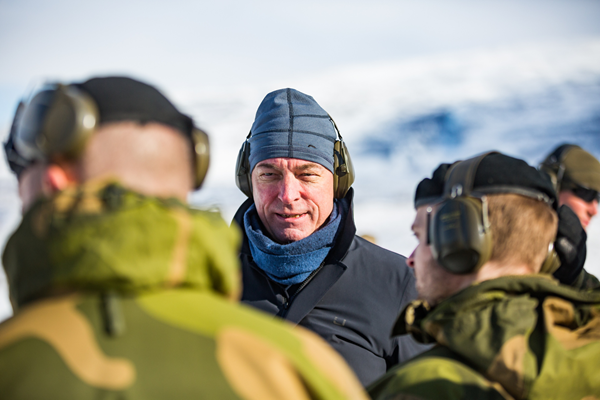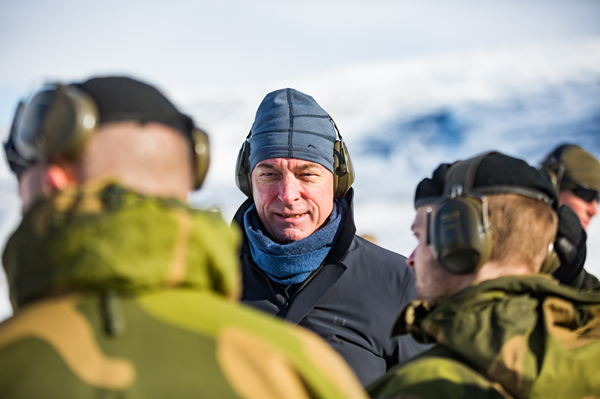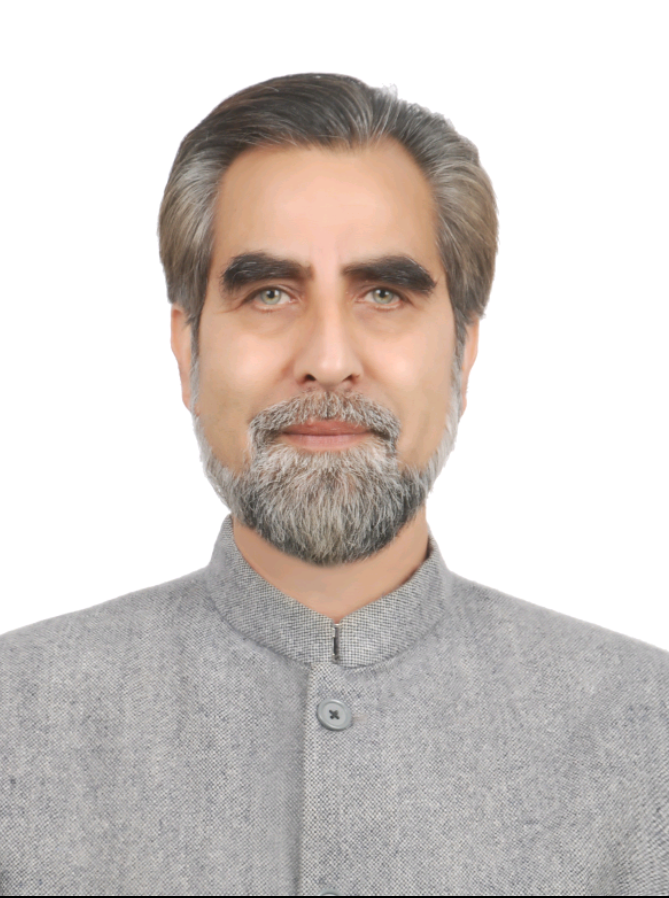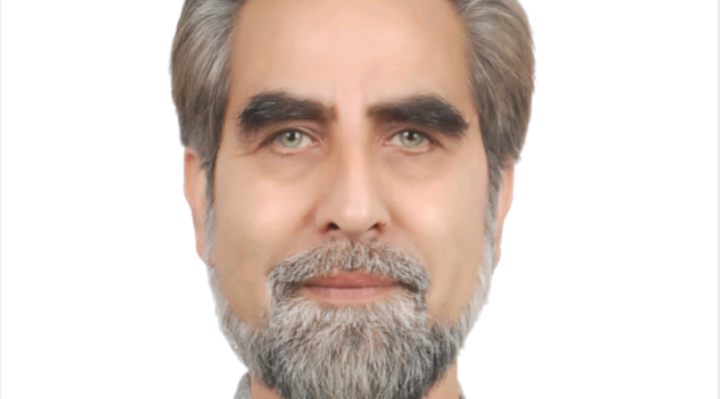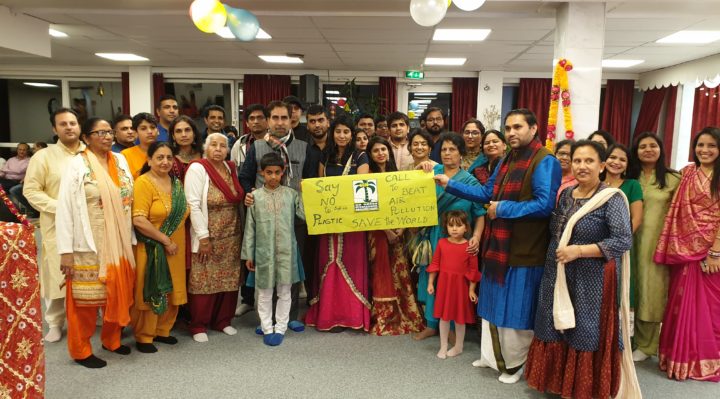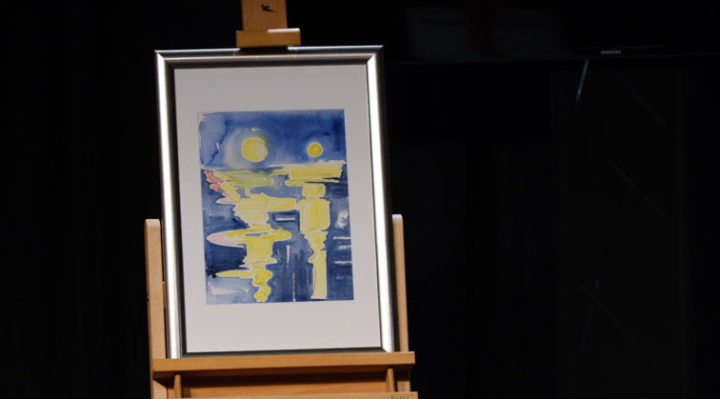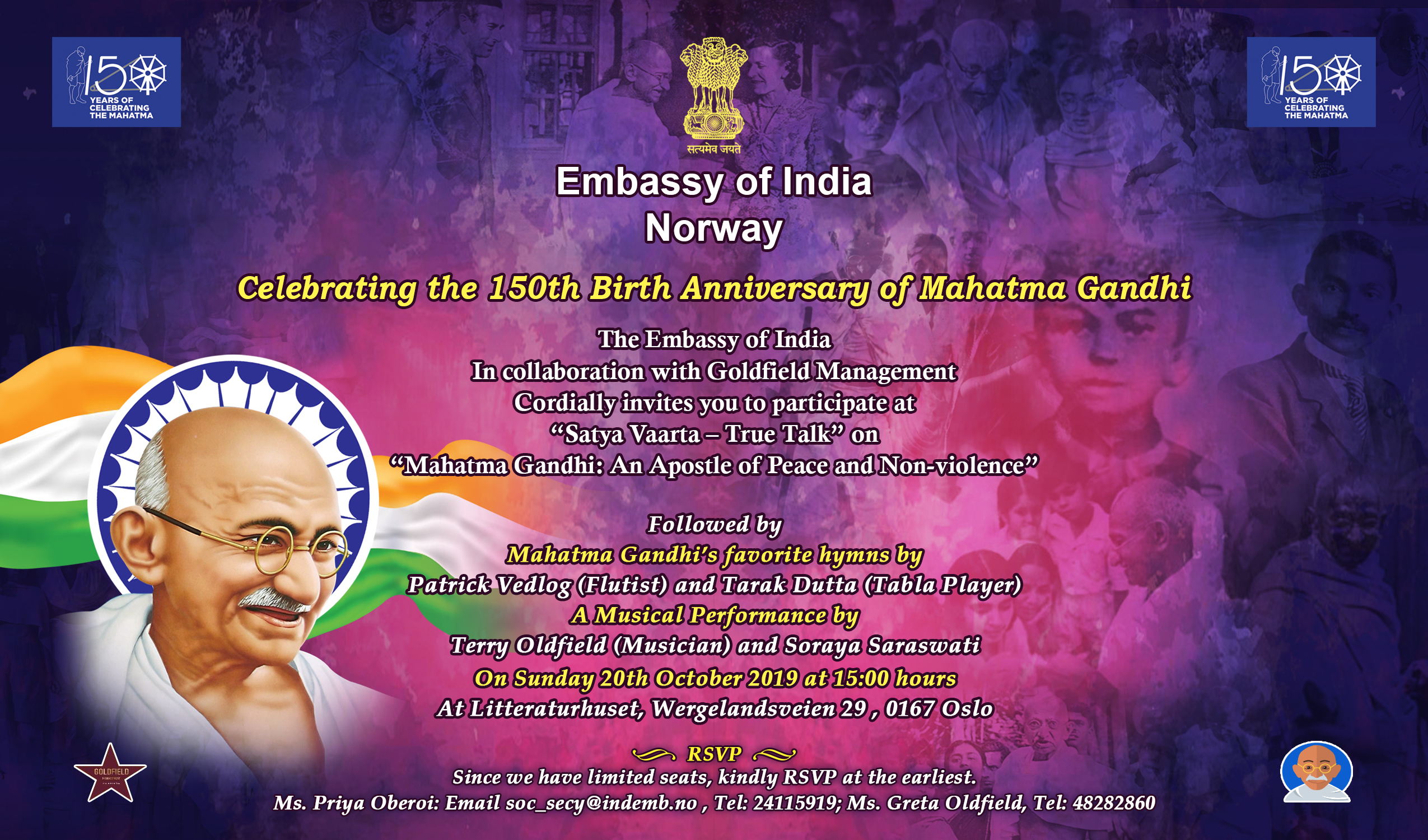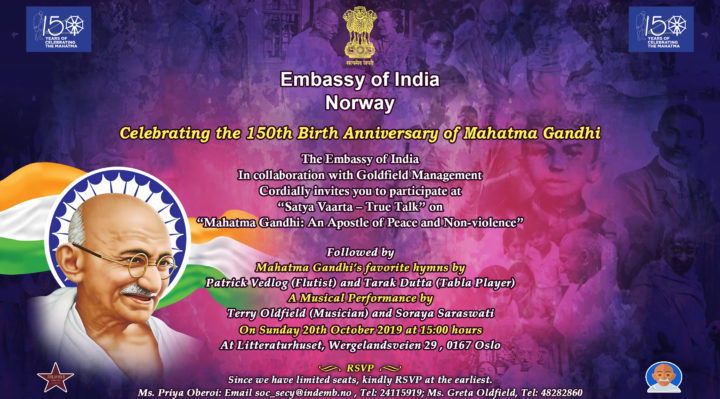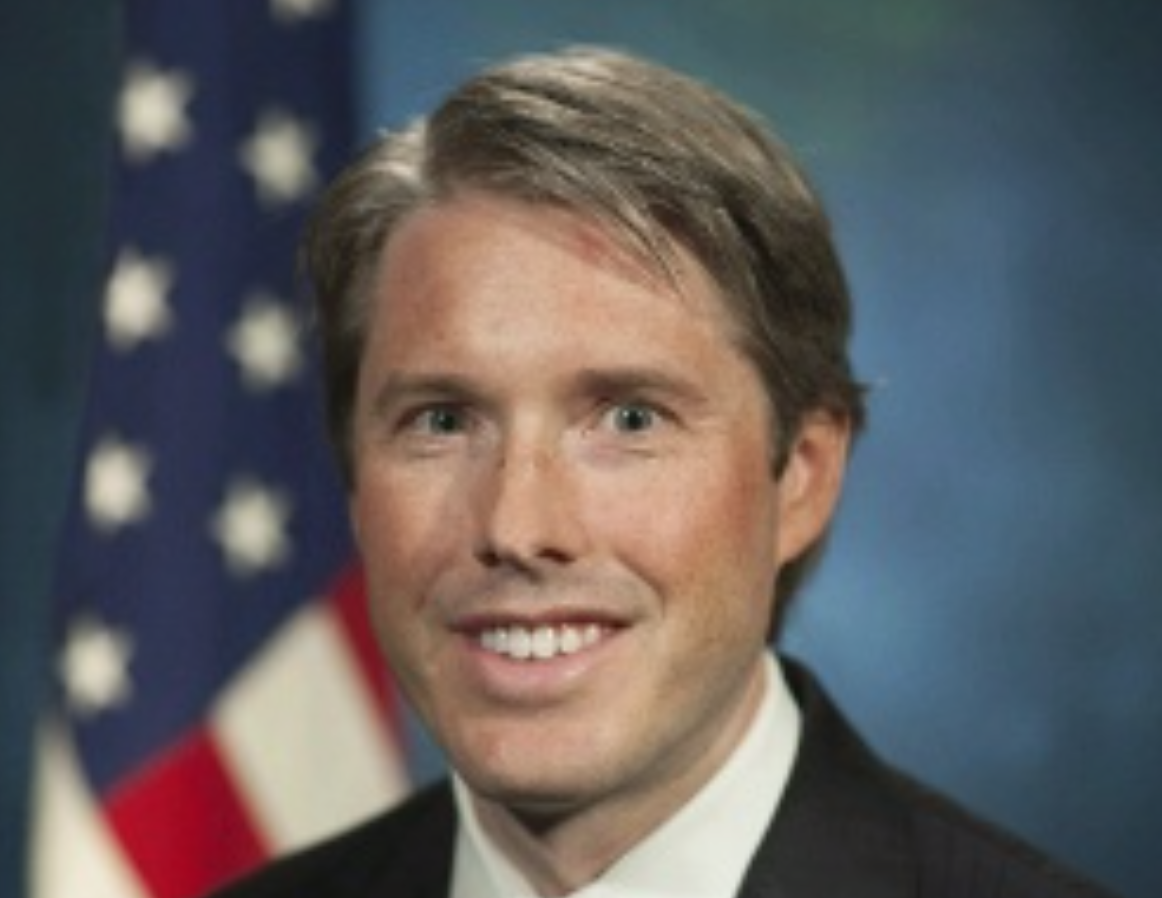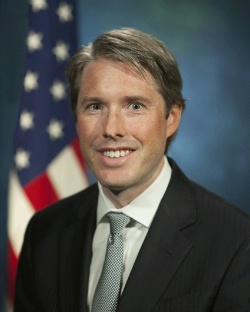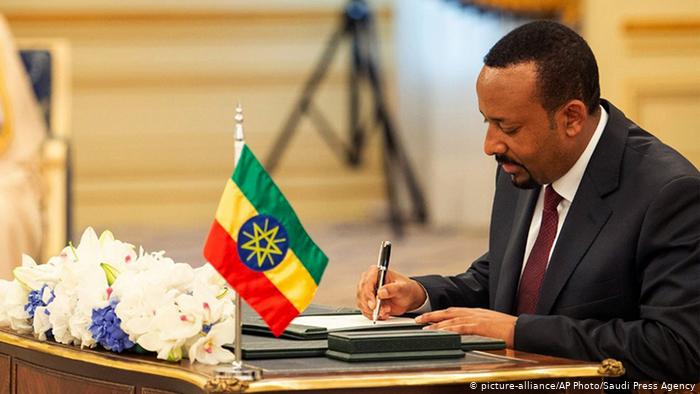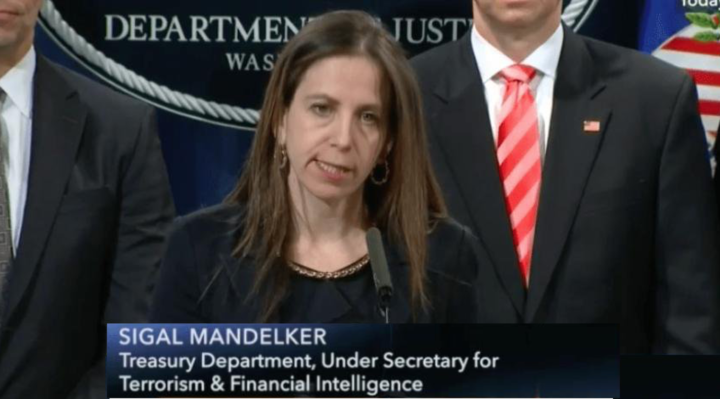“I am very pleased with the great engagement shown at the Our Ocean conference these two days in Oslo. 370 commitments have been made, at a total value of at least NOK 583 billion (63 billion dollars),” said Foreign Minister Ine Eriksen Søreide.
The state of the ocean and measures to ensure healthy, clean and productive ocean were the main themes at the sixth Our Ocean Conference. 500 leaders from 100 countries and 100 youth delegates from more than 60 countries attended the conference. At the core of Our Ocean conferences, are voluntary commitments. In Oslo, Norway announced 17 commitments worth just over NOK 3 billion (328 million dollars).
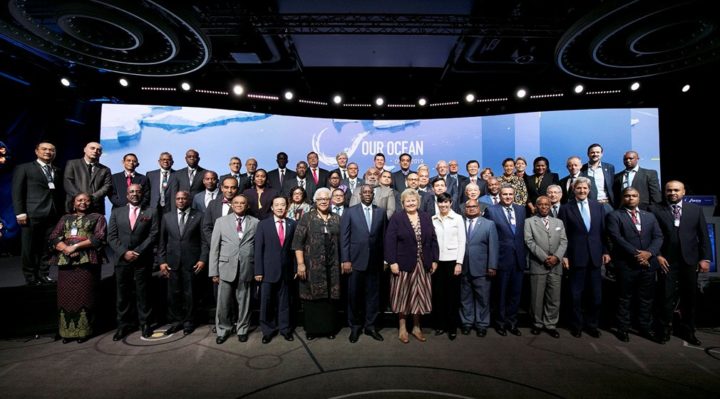
“Every second breath we take comes from phytoplankton in the ocean, and it is urgent to improve the state of the ocean. Now, we must put the commitments made in Oslo into practice,” said Foreign Minister Ine Eriksen Søreide.
Up until the conference, Norway has emphasized the importance of mobilising the business community.
“The partnership between government, business, organisations and research institutions is a unique feature of the Our Ocean conferences. I am also pleased that many Norwegian and foreign companies presented important commitments at the conference. Together we will work towards the climate summit in Chile in December, the UN Ocean Conference in Portugal next year, and not the least Our Ocean 2020 in Palau,” said Foreign Minister Eriksen Søreide.

